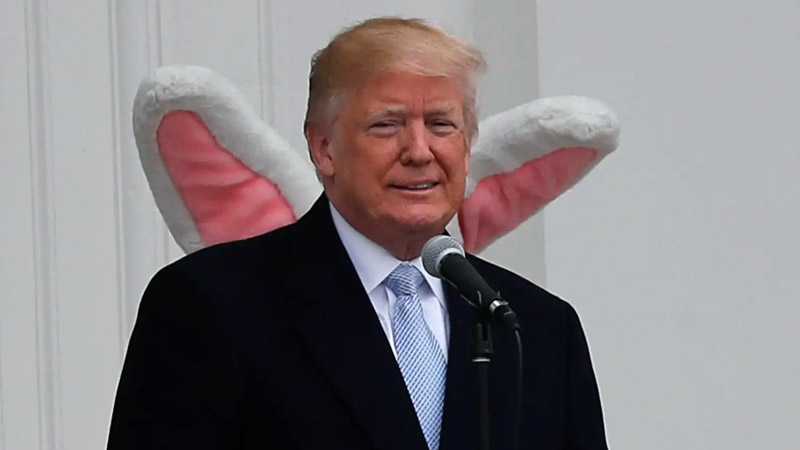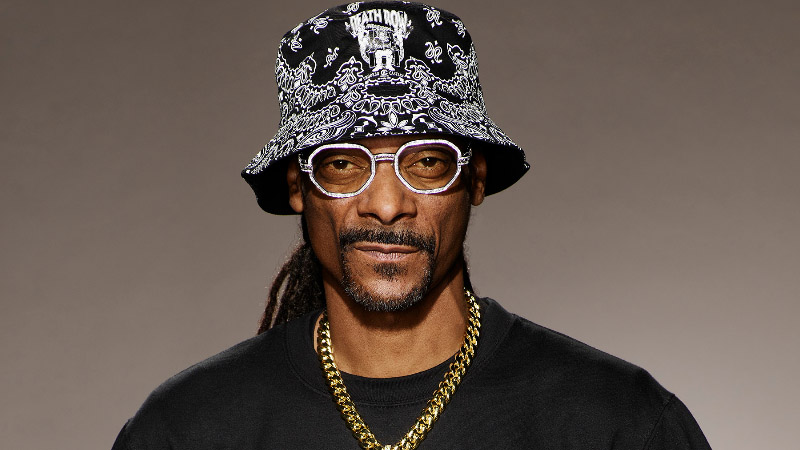Easter Controversy Swirls Around Trump’s Unscripted Prayer and Political Jabs

Image: Reuters/Carlos Barria
The digital realm recently became a hotbed of debate following an Easter occasion involving Donald Trump, the former President of the United States. In a notable departure from tradition, Trump endeavored to recite an Easter prayer without the aid of a teleprompter, leading to an uneven delivery that didn’t go unnoticed.
This incident occurred amidst an Easter message shared on Truth Social, where Trump intertwined personal grievances and political digs, deviating significantly from the holiday’s customary tone of solemnity and introspection. This fusion of personal and political commentary in a context traditionally reserved for reflection and reverence prompted widespread criticism, with many questioning the sincerity and authenticity of Trump’s address.
The climax of Trump’s message bore a resemblance to an evangelical altar call—a poignant tradition in certain Christian congregations where devotees come forth to affirm their faith. Trump positioned himself as a spiritual leader to his base, drawing parallels between his followers and a congregation. Despite typically adhering to a scripted message delivered via teleprompter, his Easter message was marked by a notable deviation.
The New York Times cited his words, emphasizing unity, faith, and national pride, yet this departure from his scripted comfort zone led to a less polished recitation. The attempt to recite the Lord’s Prayer unaided was particularly highlighted on social media, where observers were quick to critique Trump’s faltering delivery.
Comments ranged from speculations about his cognitive abilities and religious sincerity to sarcastic remarks about his familiarity with the prayer. The critique was harsh, with many labeling him as insincere in his religious proclamations.
Further stirring controversy, Trump’s Easter greeting on Truth Social was uncharacteristically bold, expressing well-wishes even to those he claimed to “completely & totally despise” for allegedly seeking to undermine America. This stark contrast to President Joe Biden’s more traditional Easter message, which embraced a tone of unity and blessing, did not go unnoticed.
The Biden campaign seized the opportunity to criticize Trump, labeling his outburst as a reflection of confusion and aggression. Adding to the series of contentious actions, Trump’s decision to sell Bibles for $60 also attracted criticism, illustrating a commercial approach to religious texts that many found disconcerting, as per Yahoo.
Public figures, including Senator Raphael Warnock, voiced their concerns, underscoring the inappropriateness of leveraging the Bible for personal gain. This episode was even lampooned on popular platforms such as “Saturday Night Live,” highlighting the widespread disapproval of the move.
Amidst these developments, the political landscape was further complicated by debates surrounding the recognition of Trans Visibility Day, which coincided with Easter Sunday. This alignment sparked criticism from Republican circles towards Biden, adding another layer to the ongoing political and cultural discourse.
The confluence of religious observance, political critique, and cultural debate during this period underscored the complexities of public life and leadership in the contemporary American context.


